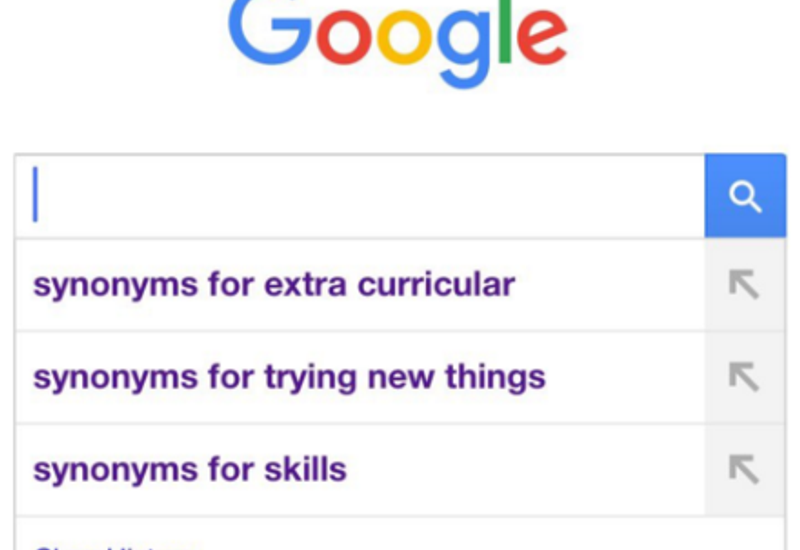An important part of the uni and job application process, writing a personal statement doesn't have to be as difficult as it seems.
This is a tough time of year for school and college students. The UCAS deadline marks the beginning of university applications (If your application is up to scratch, that is…) and there is one task that is dreaded most: writing a Personal Statement. Faced with the task of essentially compiling an award-winning advert of oneself, students up and down the country are in a frenzy of desperate googling and countless hours spent on online thesauruses. The struggle is real.
As the deadline for completing your application approaches and the pressure mounts, we've gathered some examples of what not to include in your personal statement.
You only have 4,000 characters to persuade the University of your dreams why you deserve a place there, and we’re here to help make sure you represent yourself in the best way possible. We’ve trawled the internet to find personal statement blunders that are bound to make you feel better about your attempt. Here’s Student Hut’s guide to what NOT to put in your personal statement.
Pointless lists
“I like running, netball and hockey, so want to study sports science”.
Avoid listing things for the sake of it. Make sure each point is relevant and backed up by evidence. Expand on statements in order to explain why you’re an ideal candidate. For example, what did you learn from your work experience and what were your opinions on a book you’ve read?
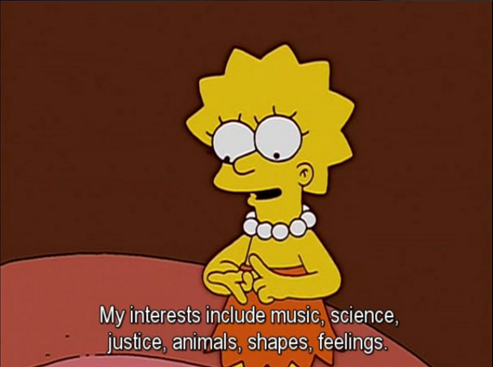
Negativity
“I’m not the best with numbers, and failed GCSE Art, but I have a lot of other skills”.
Focus on the positives. There’s no need to make excuses for things you haven’t done. Avoid underselling yourself by confidently writing about your achievements which demonstrate you meet the course requirements.
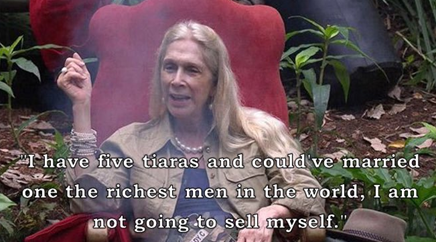
Not mentioning your skills & achievements
Highlight your strengths. It’s not enough to just state your interest in a subject: failing to include important skills could be costly. Draw attention to the experiences you have, and how they will help your academic endeavours.
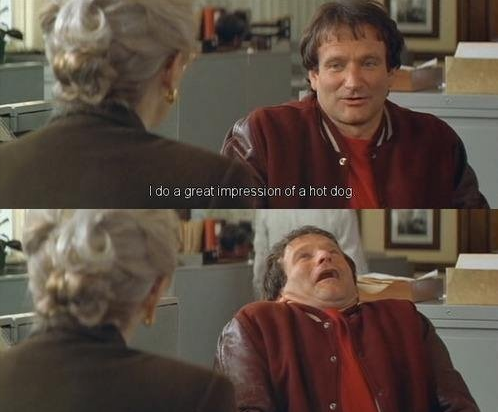
Exaggeration/lies
“I said I was "captain of both the football and rugby team" when I was in fact captain of the football team and the second rugby team.”
Online forums have been a great source for this next point and from what we’ve seen, A LOT of you have been tempted to make false claims. Even if there is some truth in what you're saying, play it safe. You don’t want to be caught out. One helpful soul offered this advice “if you’re going to lie don’t make it about D of E”. We would advise sticking to the facts. Being really awesome at guitar hero does not mean you play the guitar.
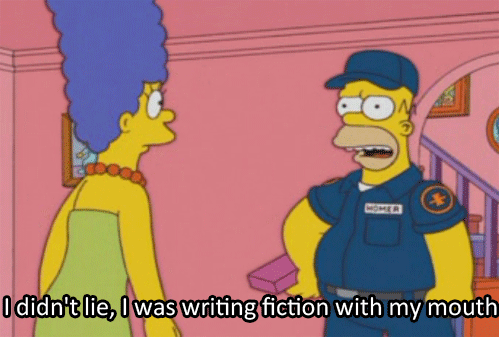
Poor spelling and grammar
“luckly this past summer i went to this program in oxford called the oxford tradition that truely changed my life”
Spell-check yourself before you wreck yourself. Your ability to proofread as well as the time and effort you’ve put into your application will be questioned. Incorrect spelling and grammar is something that can be easily avoided by getting someone to proofread your personal statement.

Not getting feedback
Get a friend, family member, or teacher to proofread your statement. After re-reading something a couple of times it can be difficult to notice mistakes. Constructive feedback is really helpful, so try not to take any criticism too personally…
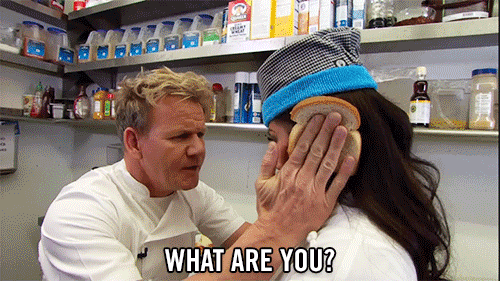
Stating the obvious
Avoid using up valuable words with obvious statements. Write succinctly and explain points without repeating yourself. Don’t tell the admissions tutor what they already know – instead, expand on how you’ve acquired certain skills and why they’re important. Ask yourself if your love of the Great British Bake Off is really that relevant to your application.

Talking about your childhood
“I have always dreamed of coming to LSE since I was young. It has been a dream of mine to study at this institution”.
I don’t know about you but I certainly didn’t know what LSE was as a kid (I’m still not sure actually). Don’t include the phrase “when I was younger…” What motivates you now is more important, and the more recent the better. Admissions tutors are unlikely to be convinced by the aspirations of your 8-year-old self.

The word passion
“My passion for Geography stems from my passion for colouring”.
Passion is a word so overused in personal statements that it actually conveys the opposite. Be careful in your choice of vocabulary. While it’s important to show interest in studying a particular course, stay away from clichéd language that doesn’t sound sincere.

Trying to be funny
“What is Neuroscience? I don’t know – and that’s why I want to study it at University”.
Whilst this in fact is quite funny, it’s a risky strategy. University admissions tutors are unlikely to take you seriously, so reign in the humour and take a more serious approach.
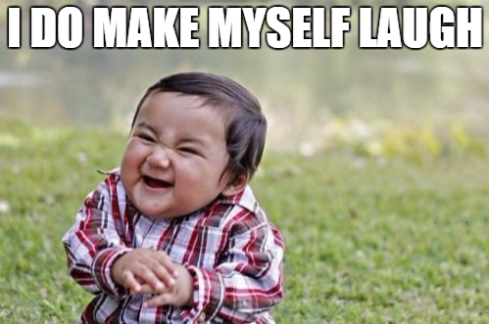
Boasting
“If I could liken myself to anyone in history it would be Martin Luther King”
Bigging yourself up apprentice candidate style will get you nowhere. It's possible to sell yourself without coming across as arrogant.

What skills do you wish schools and universities taught more of? Join our student panel and let us know. You'll get 1000 reward points for signing up.

